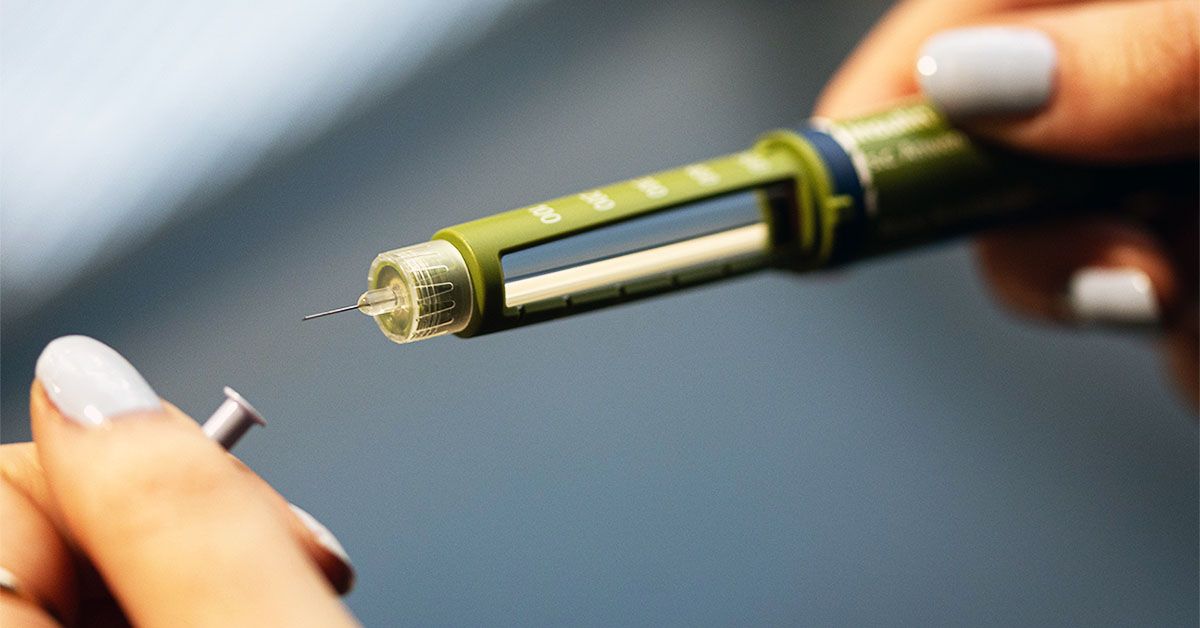A recent study conducted by researchers at Brigham and Women’s Hospital in Boston, MA, has identified specific bacterial strains and viruses that may be linked to an increased risk for type 2 diabetes. Type 2 diabetes is a condition where the body develops resistance to insulin, leading to high blood sugar levels. Of the approximately 530 million adults worldwide living with diabetes, nearly 98% have type 2 diabetes. Factors such as age, family history, ethnicity, obesity, and sedentary lifestyle can play a role in the development of type 2 diabetes. However, scientists have been exploring the potential impact of the gut microbiome on increasing a person’s risk for this condition.
The study, published in Nature Medicine, analyzed data from the Microbiome and Cardiometabolic Disease Consortium (MicroCardio) that included 8,117 gut microbiome metagenomes from participants in the U.S., China, Israel, and Germany. Led by Dr. Daniel (Dong) Wang, the researchers found that certain microbial species and their functions within the gut microbiome were associated with the development of type 2 diabetes. For example, a strain of the gut microbe Prevotella copri (P.copri) was more commonly found in the gut microbiome of individuals with type 2 diabetes. This particular strain was found to produce large amounts of branched-chain amino acids (BCAAs), which could potentially contribute to the development of type 2 diabetes.
In addition to identifying specific microbial species linked to type 2 diabetes risk, the researchers also found evidence suggesting that bacteriophages, viruses that infect bacterial cells, may be driving changes to certain bacterial strains in the gut microbiome, further increasing the risk of type 2 diabetes. Dr. Wang and his team believe that studying the gut microbiome and its role in cardiometabolic health could provide valuable insights into the mechanisms underlying the connection between the two. Moving forward, the researchers plan to delve deeper into these mechanisms, particularly focusing on bacteriophages and horizontal gene transfers in all gut bacteria.
Dr. Rudolph Bedford, a gastroenterologist at Providence Saint John’s Health Center in Santa Monica, CA, believes that there is likely a connection between the gut microbiome and insulin sensitivity, which could impact a person’s risk of developing type 2 diabetes. He suggests that modulating the bacterial flora in the gut through probiotics or dietary modifications could potentially have a positive effect on insulin sensitivity. The potential for using probiotics to alter the course of prediabetes and influence insulin sensitivity is an area that Dr. Bedford is particularly interested in exploring further. By continuing to investigate the role of the gut microbiome in type 2 diabetes, researchers hope to uncover new insights that could lead to novel interventions and treatment strategies for this common metabolic disorder.









